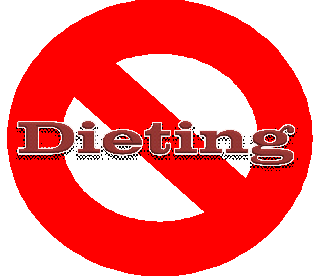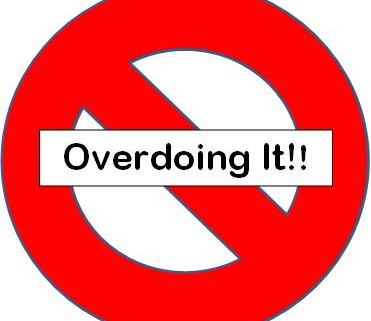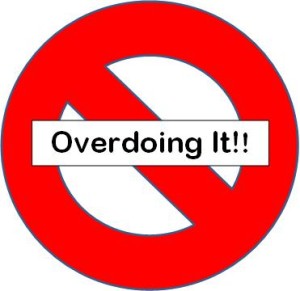Don’t Let Bad News Derail Your Efforts
Unfortunately we all are aware that bad news and difficult times are part of life. It is likely that during these periods there are few things that can make us feel better. It is at these points where you can make the mistake of using food to ease the pain. But even if this does the trick in the moment, in the long run your overindulgence or eating a food you didn’t really want will likely make you feel worse.
As you have been learning throughout this journey, food can be used to nourish you and make you feel healthy, but food cannot serve as a medicine to fix what is going on in your mind. If you get bad news, eating an ice cream sundae will not make whatever bad is going on go away. You might turn to it for the short-term increase in “feel-good” hormones that leave you a little more cheery post-indulging, but whatever caused the bad news or difficult circumstances will still be there once you come off that wave of “feel good” hormones. Not to mention you might feel even worse if you are too full from overindulging, or are lagging from too much sugar or fat which is usually found in the foods you turn to in order to make you feel better.
Instead of abandoning your healthy principles during a time of difficulty, it is better to adjust your mindset and use your healthy lifestyle to make you feel better. One of the more difficult aspects of bad news or difficult times is the feeling you do not have control. By succumbing to cravings, you are feeding into that out of control bad news spiral. By taking control of your healthy lifestyle and continuing to honor your hunger, respect your fullness and make healthy decisions, you stay in control of your health which will likely help you regain control of the situation that has you down.
Life can be difficult, but having to face life’s challenges in a body that is unhealthy is even more difficult. By staying true to the principles that you have been forming throughout this journey, you make yourself stronger and more likely to overcome the difficulties you are facing in your life.
Your turn to take action: Tell me some healthy ways you handle the trials in your life without using food.














